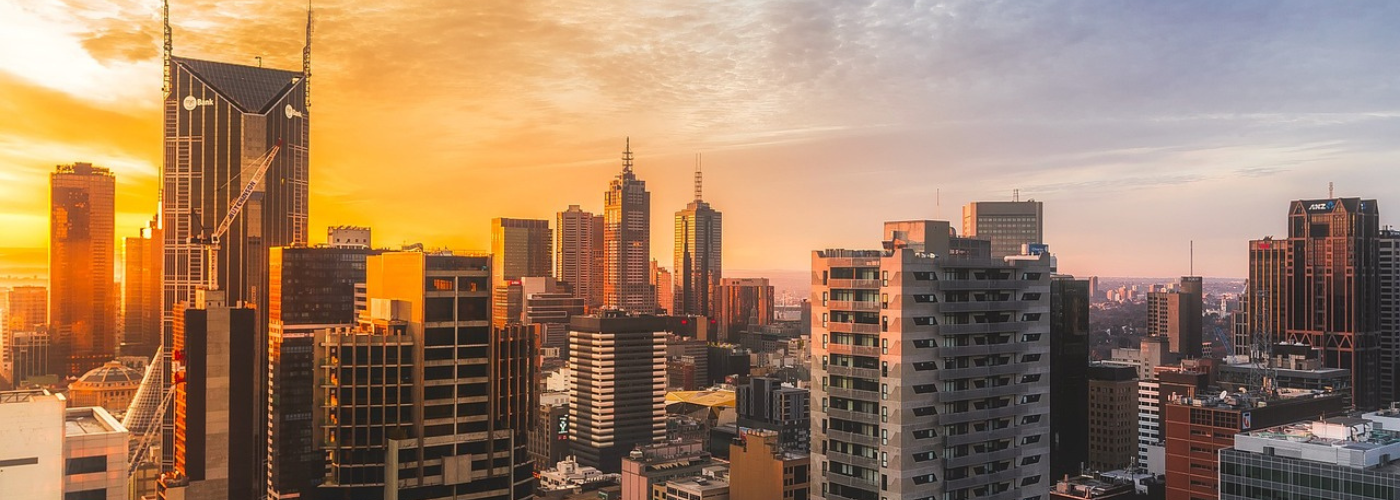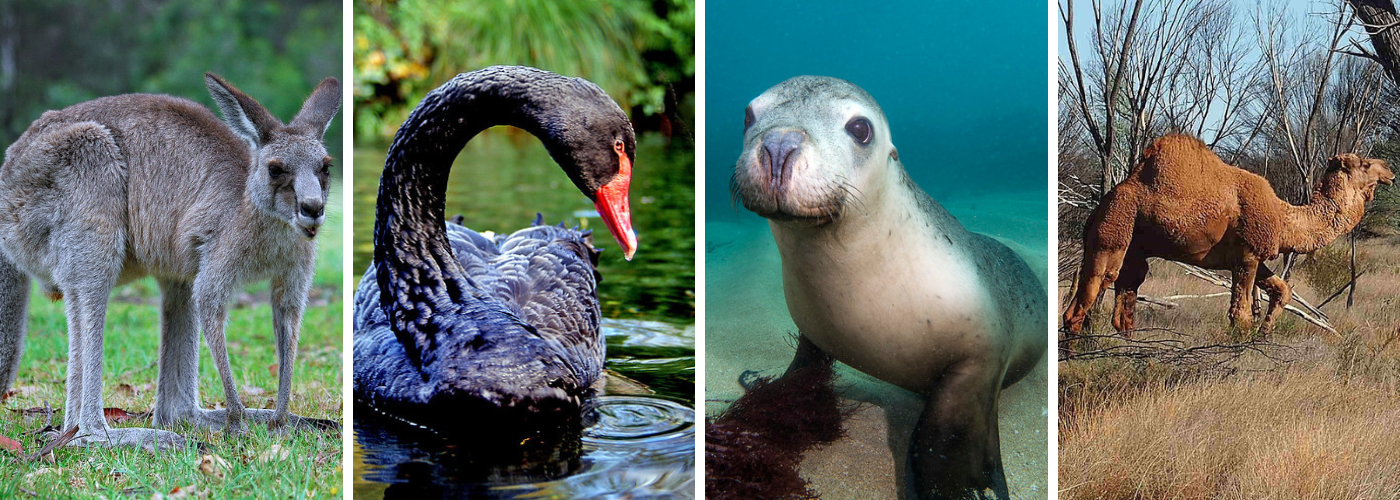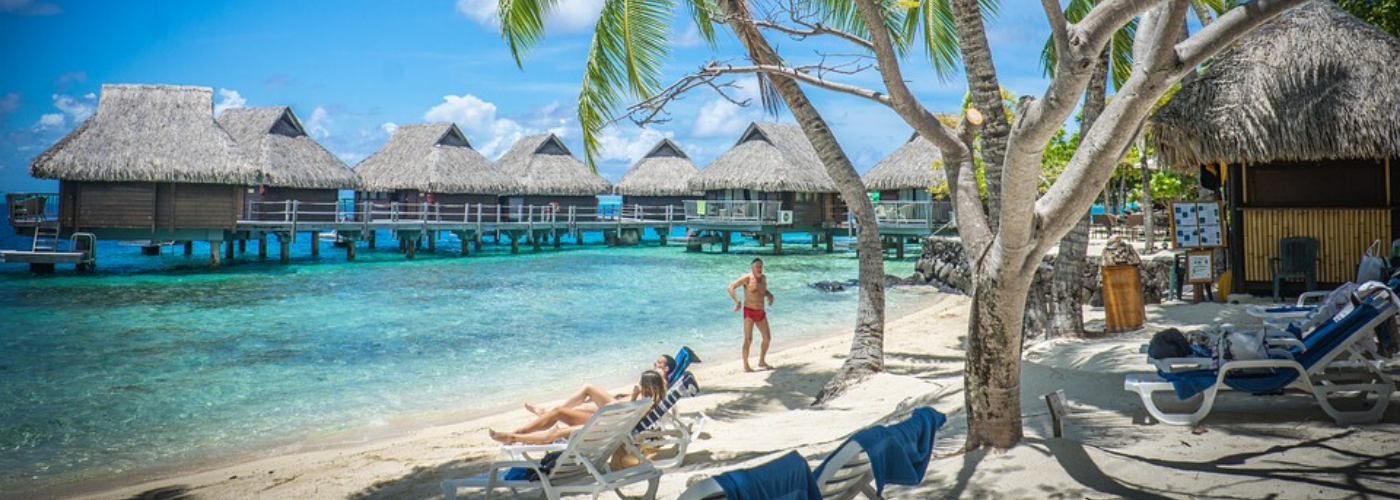Australia is the world's sixth-largest country and the smallest continent. The history of Australia dates back over 60,000 years when the Indigenous Australians settled the land. The first European contact with Australia occurred in the 17th century, but it wasn't until 1770 when Captain James Cook claimed the land for Britain that the colonization of Australia began.
In 1788, the British established a penal colony in Sydney, marking the start of British rule in Australia. Over time, more free settlers arrived, and the country's population grew. Australia became a federation of states in 1901, and in the following years, it became increasingly independent from Britain.
Australia played a significant role in both World War I and World War II, and in the post-war years, it saw significant economic growth and prosperity. Today, Australia is a prosperous and modern country, known for its unique wildlife, stunning natural beauty, and vibrant cities.
As a travel destination, Australia has a lot to offer. Visitors can explore its diverse landscapes, from the rugged Outback to the lush rainforests of Queensland. The Great Barrier Reef is a popular destination for snorkeling and diving, while Uluru (Ayers Rock) is a sacred site for the Indigenous Australians and an awe-inspiring natural wonder.
Australia's cities are also popular tourist destinations, with Sydney's Opera House and Harbour Bridge, Melbourne's laneways and coffee culture, and the laid-back beaches of the Gold Coast being just a few examples.
In recent years, Australia has become an increasingly popular destination for international travelers, with over 9 million visitors annually. The country has a well-developed tourism industry, with a wide range of accommodation options, transportation, and activities to suit all interests and budgets. However, visitors should be aware of the country's unique challenges, such as the high cost of living and the need to take precautions in areas with dangerous wildlife.






